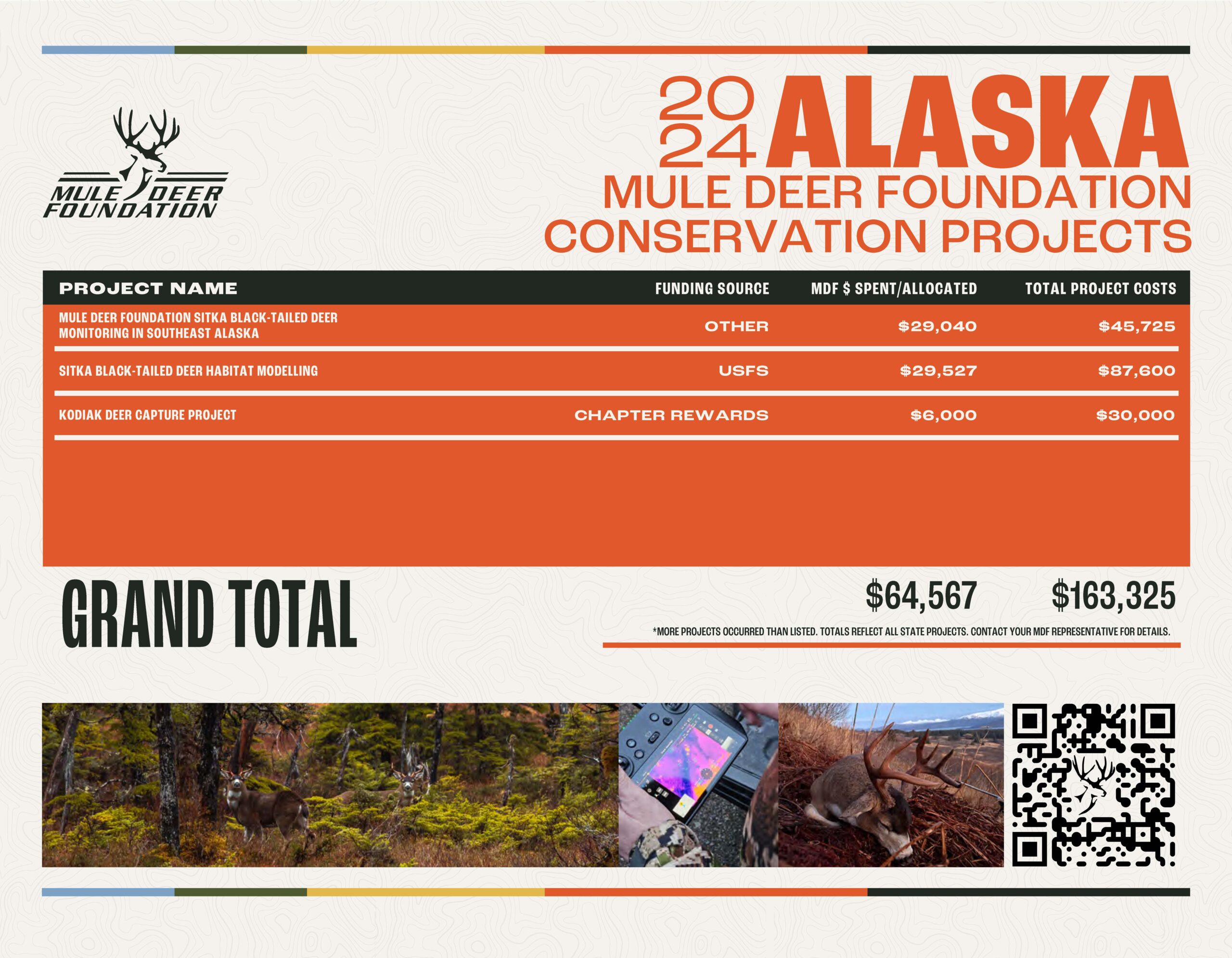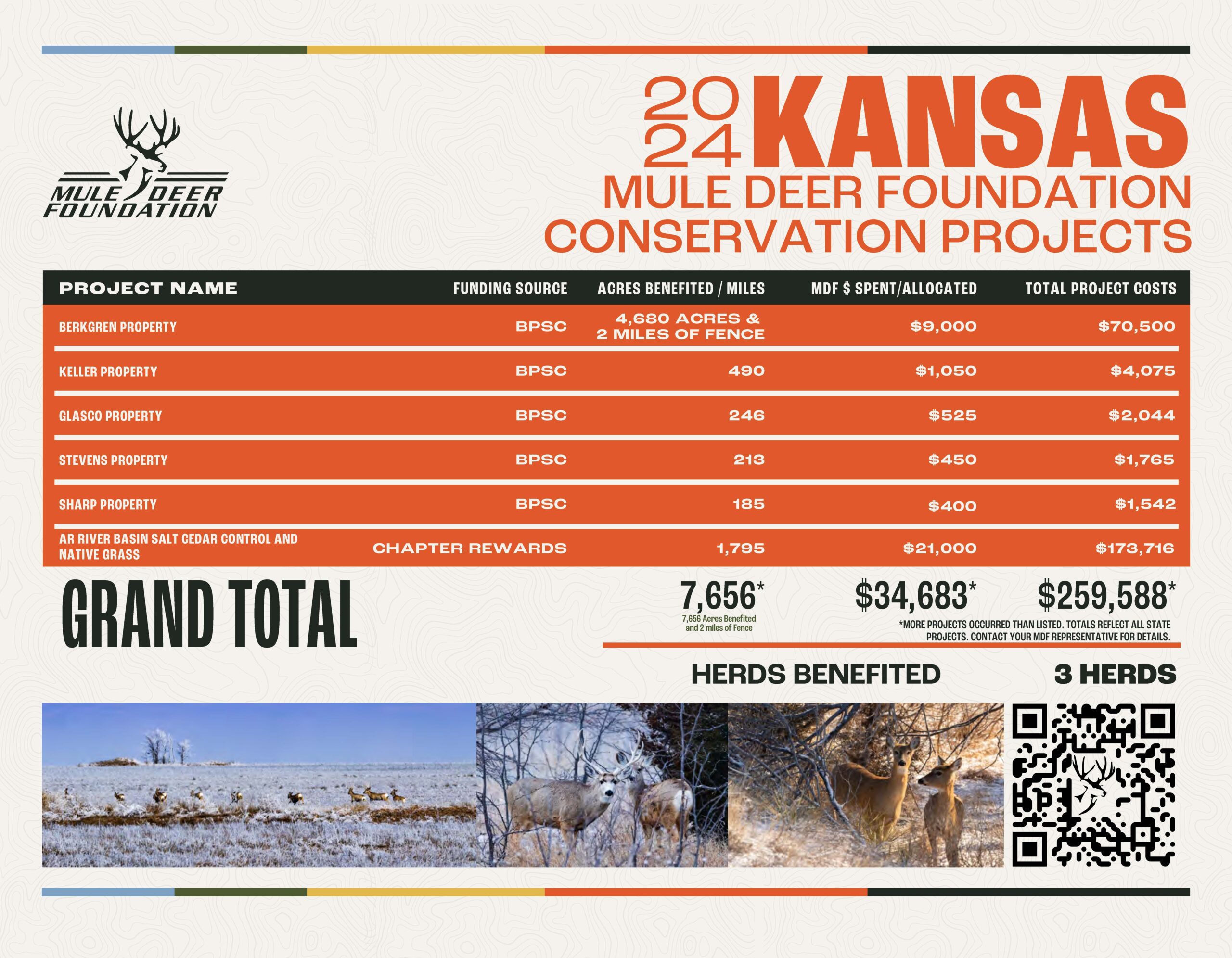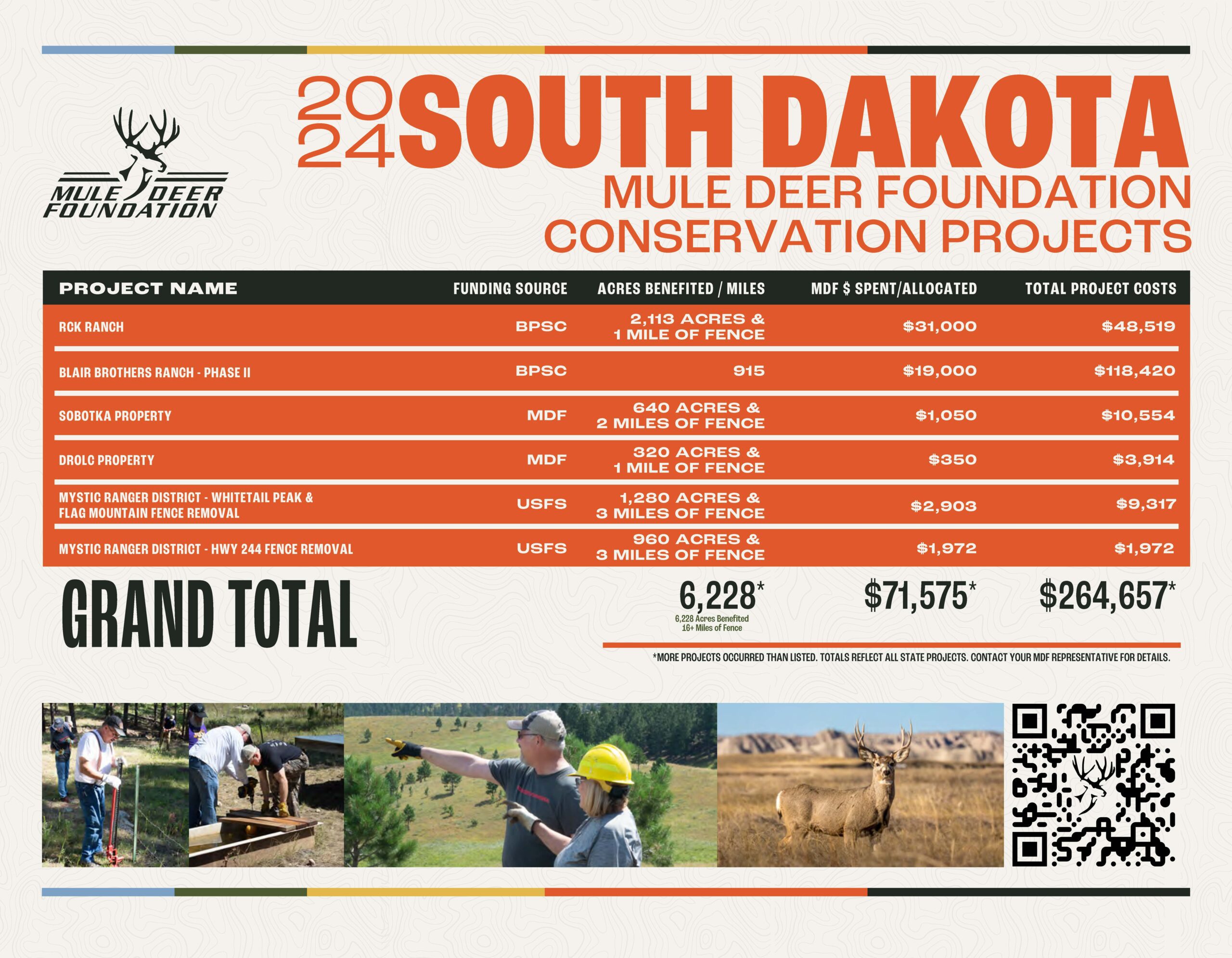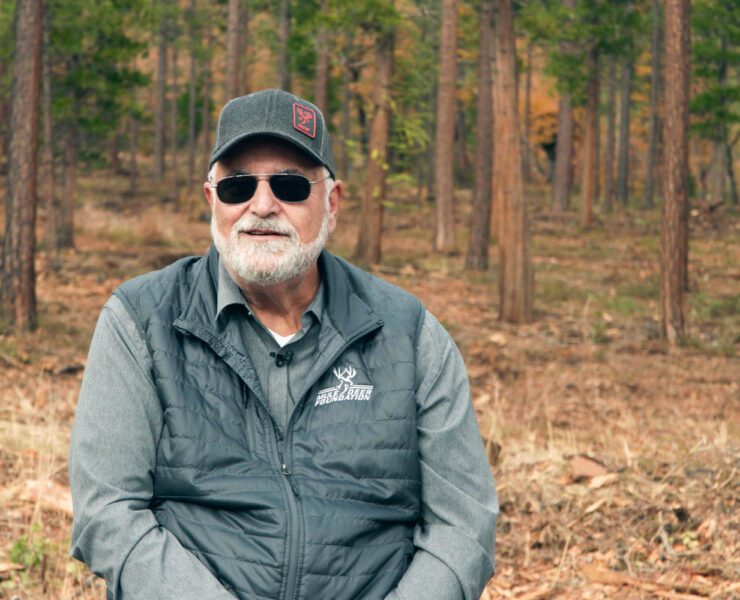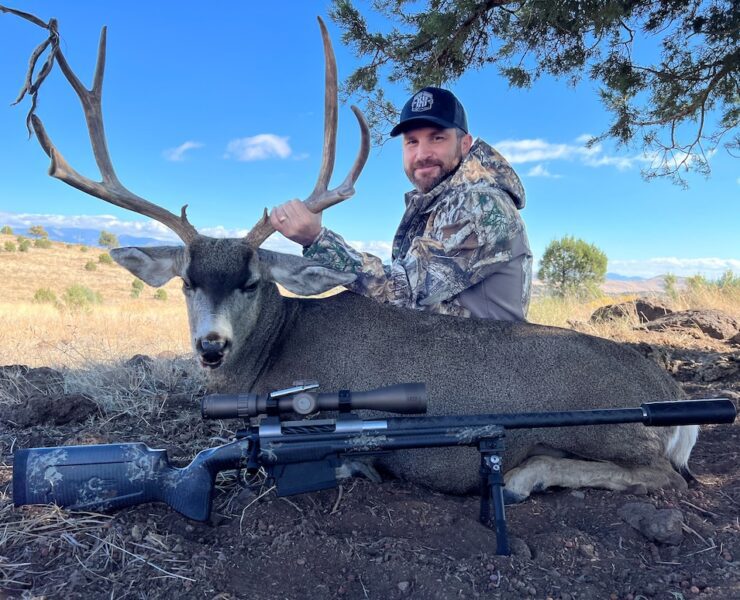

The Tough Buck is back — and it’s tougher than ever.
Held February 14, 2026, during the Western Hunt Expo in Salt Lake City, Utah, this one-of-a-kind event blends elite fitness with the grit and determination it takes to be a backcountry hunter. Created in partnership between MTNTOUGHand the Mule Deer Foundation, the Tough Buck is designed to test endurance, strength, and mental toughness — the same traits that define a true mule deer hunter.
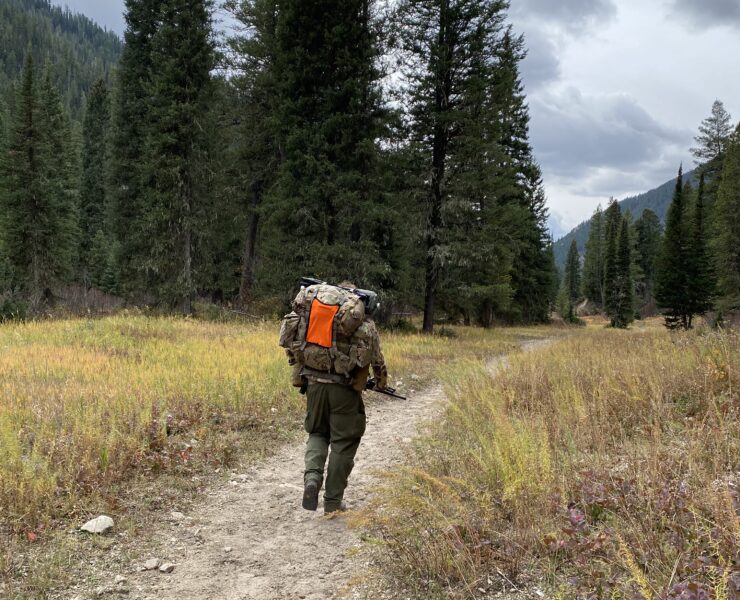
Hunting mule deer alone in the backcountry is one of the purest forms of wilderness experience. The silence of high alpine ridges, the thrill of spotting a buck in a hidden basin, and the challenge of navigating rugged terrain—all of it is magnified when you’re on your own. But solo hunting also demands a level of preparation and caution that can’t be overstated. Here are key lessons for staying safe, efficient, and ready for anything the mountain throws at you.
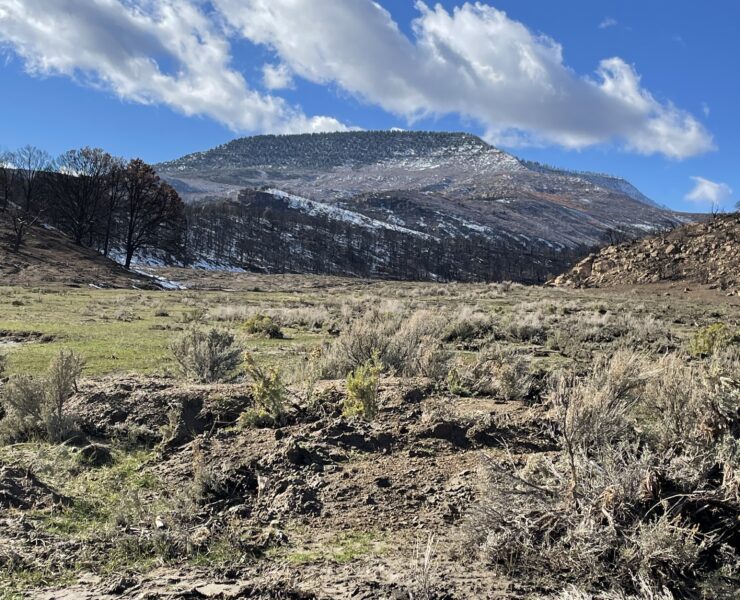
Few things in the West are as impressive as mule deer on the move. Each year, herds travel miles between summer and winter ranges, navigating rugged mountains, valleys, and human development along the way. These seasonal highways, known as migration corridors are critical to mule deer survival, and for hunters, they also present unique opportunities.
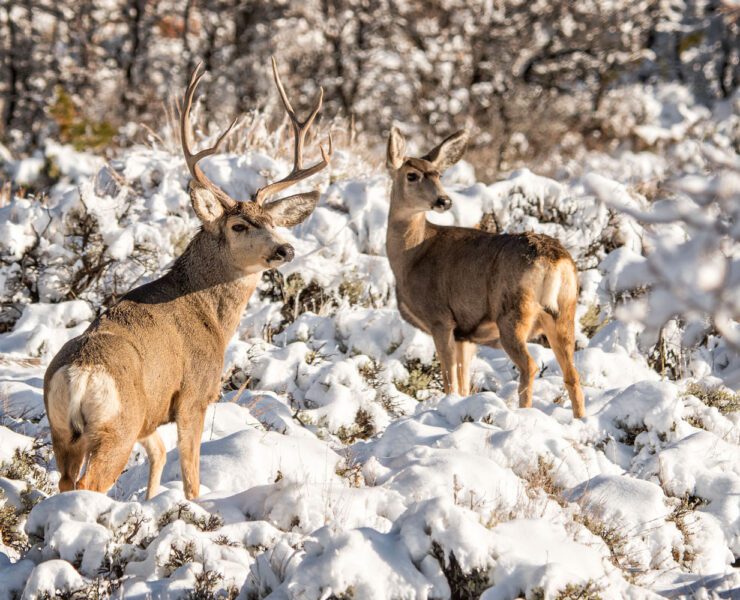
Ask any mule deer hunter and they’ll tell you: elevation matters. Between 5,000 and 10,000 feet, mule deer country shifts dramatically from sagebrush basins to aspen slopes to high-country meadows. Each band of elevation offers unique challenges and opportunities, and hunters who understand how deer use these habitats will have the best chance at success.
If you’ve never seen a line of mule deer moving across the skyline at dawn, nose to tail, mile after mile, you’re missing one of the last great natural wonders in North America. These migrations aren’t just impressive; they’re ancient. Some herds travel over 150 miles between their summer and winter ranges, crossing rugged mountains, ranch fences, and six-lane highways like they’ve been doing it for a thousand years, because they have.












